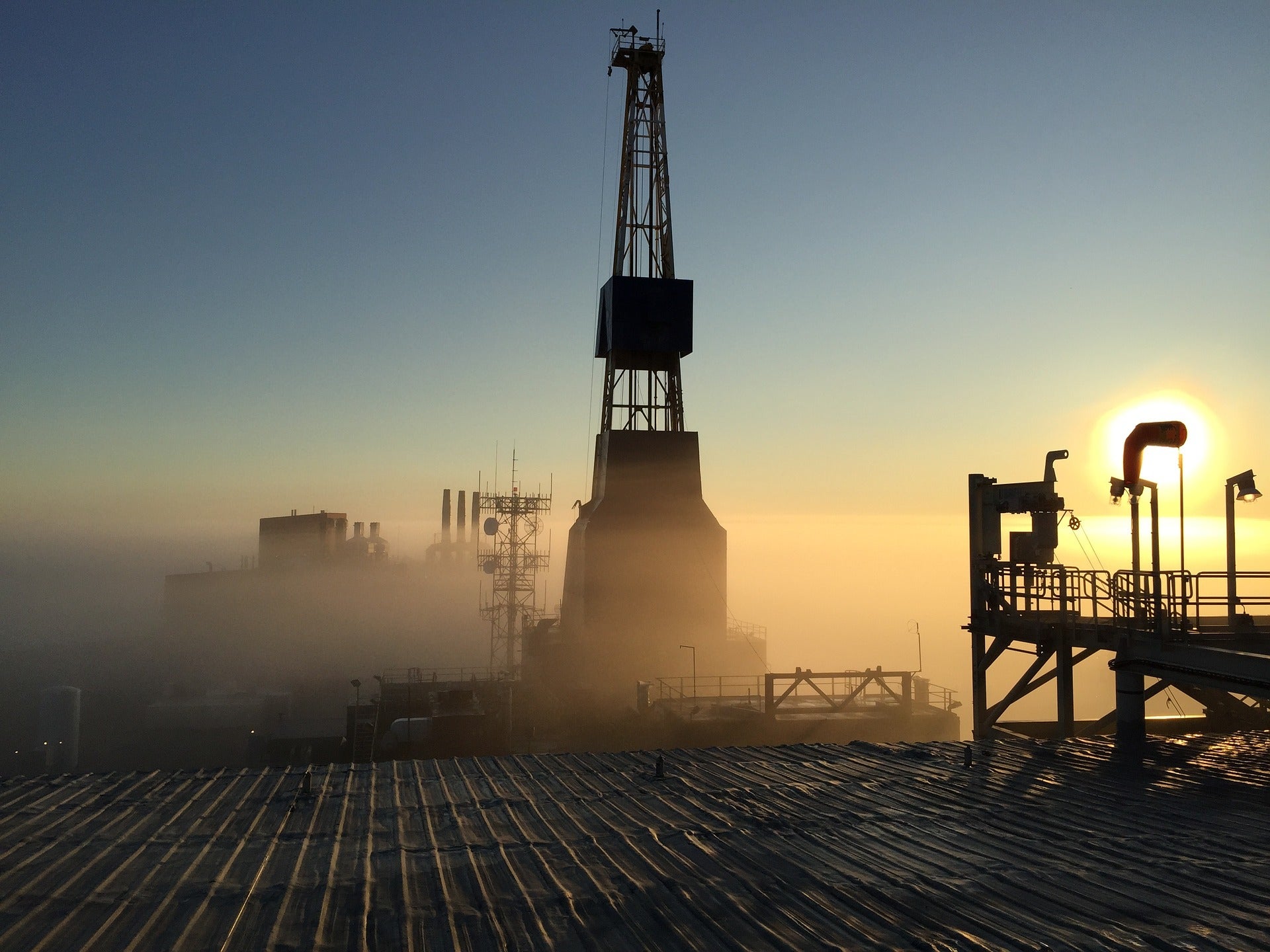
Spanish oil major Repsol is exploring the sale of some of its oil and gas assets in Canada later this year to capitalise on the higher oil and gas prices, reported Reuters.
The firm is seeking potential buyers for its assets in the Duvernay basin of Alberta. These assets are currently in the early stages of development.
A potential sale of the 170,000 acres in the basin could earn the firm approximately $590m (C$750m), reported the news agency, citing an industry source.
Repsol considers the Duvernay basin to have significant recoverable prospective resources, with tremendous growth potential.
The Spanish firm also holds liquids and gas assets in the Greater Edson area, and conventional heavy oil assets in the Chauvin area of Alberta. It also owns four operated gas plants in the Edson area and an oil treatment facility in Chauvin.
A final decision has not yet been made by Repsol on any of the assets, the sources added.

US Tariffs are shifting - will you react or anticipate?
Don’t let policy changes catch you off guard. Stay proactive with real-time data and expert analysis.
By GlobalDataReporting production rates of 57,800 barrels of oil equivalent per day in 2019 in Canada, the company may also consider options, including partial sell-downs or joint ventures for the assets.
Repsol may also choose to retain the Canadian assets.
Last month, Repsol divested its exploration and production assets, in Malaysia and Vietnam, to Hibiscus Petroleum for approximately $212.5m.
The sale featured a 35% stake in the PM3 commercial arrangement area (CAA) production sharing contract (PSC), and a 60% interest in 2012 Kinabalu Oil PSC.
Hibiscus also bought Repsol’s 60% stake in PM305 PSC, 60% interest in PM314 PSC, and 70% stake in block 46 CN in Vietnam.
These divestments were a part of Repsol’s plan to downsize its global portfolio from 25 countries to 14.


